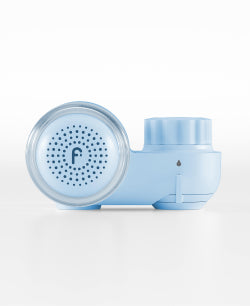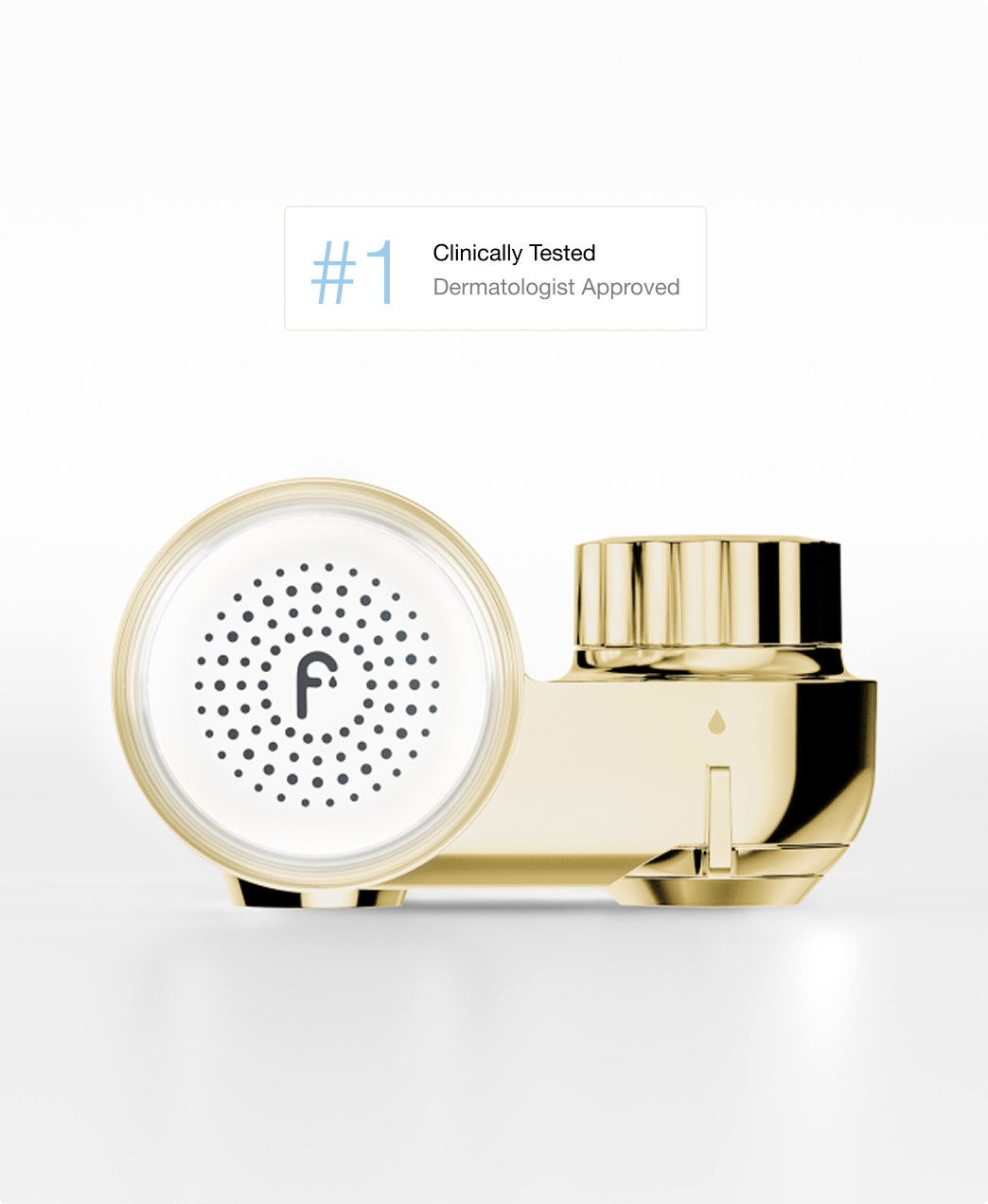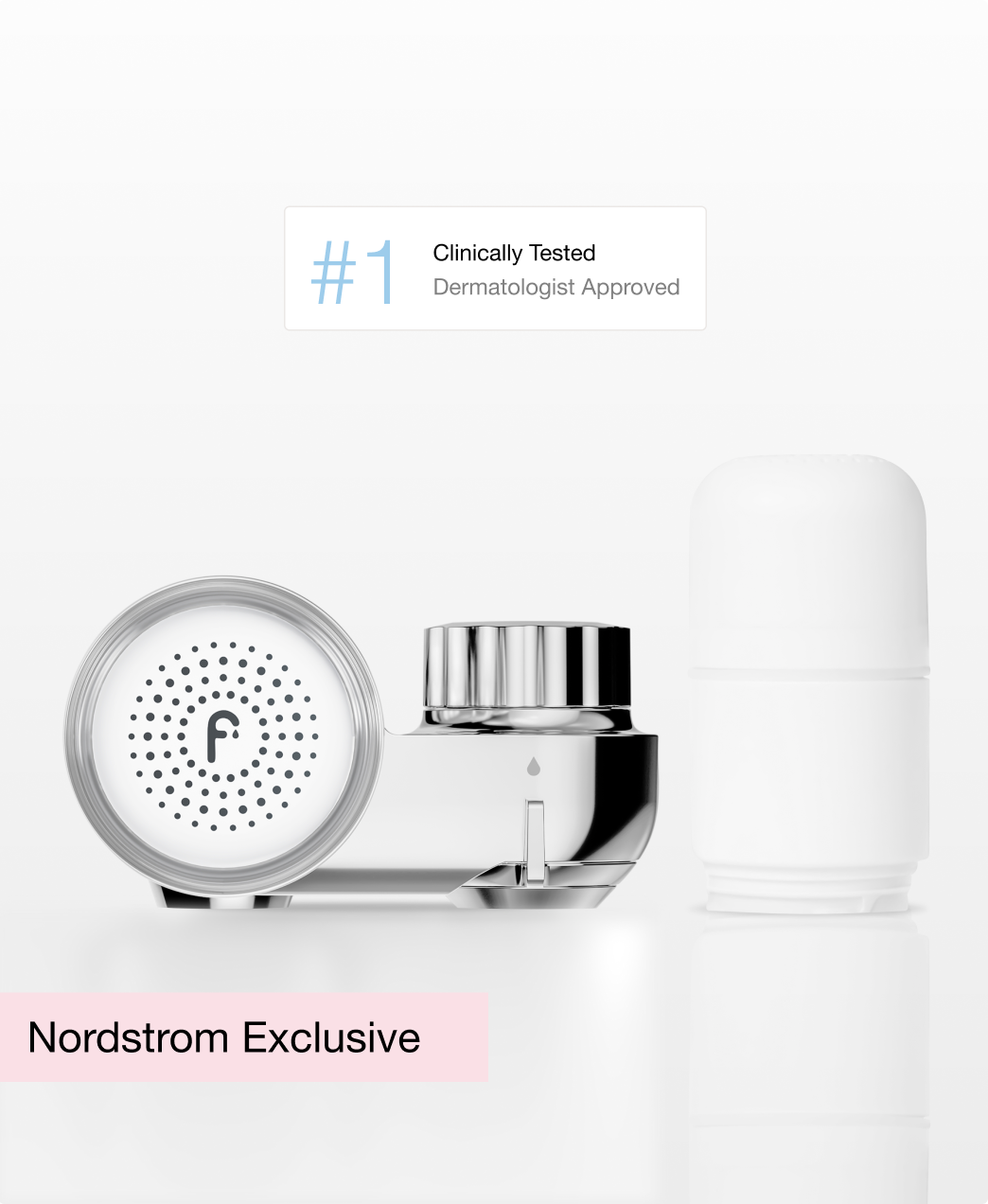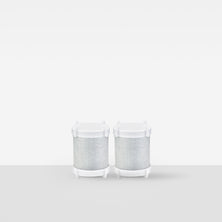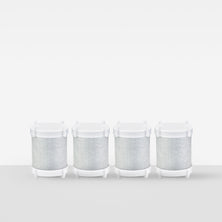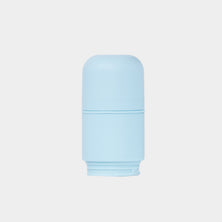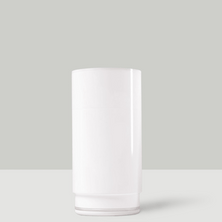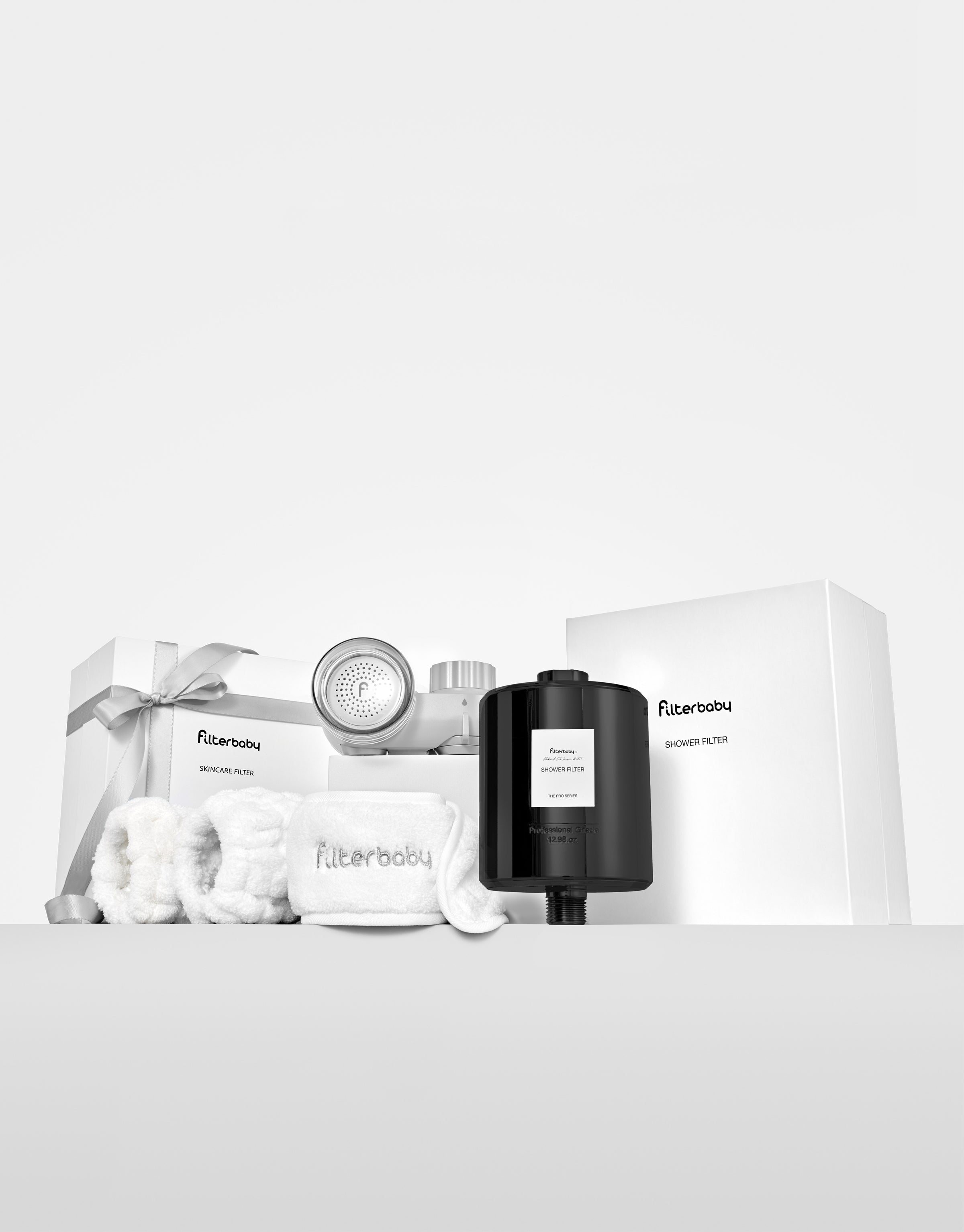Have you been wondering if there's a connection between omega-3 and skin health? Read on to find out.
Margaret Trashian, MD

Ah, omega-3, the superhero of the fatty acid world! Not only does it come to the rescue of your heart and brain, but it also saves your skin from the perils of premature aging. You see, omega-3 is like the fountain of youth in a fish oil capsule. It works by hydrating your skin from the inside out, smoothing out those pesky fine lines and wrinkles that come with age. Think of it as a luscious moisturizer for your entire body, minus the greasy residue. So, if you want to stay young and fabulous, make sure to include omega-3 in your daily diet. Your skin will thank you for it!
What is Omega-3?
Omega-3 fatty acids are a type of healthy fat that our body needs to function properly. This nutrient is found in certain types of fish, nuts, and seeds. Omega-3 has several important benefits for our overall health, including reducing inflammation, improving brain function, and supporting heart health. In addition, it can help improve eye health and support fetal development during pregnancy.
Consuming foods that are rich in omega-3, such as salmon, tuna, and nuts, or taking supplements can help ensure that you get enough of this important nutrient. Omega-3 is a key component of a healthy diet and can have significant benefits for our overall health and well-being.
In addition to its numerous health benefits, omega-3 can also be beneficial for skin health. One of the most important benefits of omega-3 for skin is its anti-inflammatory properties. Omega-3 can also help keep the skin hydrated. Moreover, omega-3 can help protect the skin against damage from UV radiation and environmental pollutants.
However, it's important to note that omega-3 should be used as part of a holistic approach to skin care that includes other healthy lifestyle habits like staying hydrated, getting enough sleep, and using a good quality sunscreen. By incorporating omega-3 into your diet or supplement routine, you can improve skin health and prevent a variety of skin problems, leading to a healthier and more vibrant complexion.
Foods rich in omega-3s include:
- Mackerel
- Salmon
- Cod liver oil
- Oysters
- Chia seed
- Flax seed
- Walnuts

What does Omega-3 do to the skin?
Hydration
Omega-3 can help keep the skin hydrated and moisturized. It plays a key role in maintaining the skin's natural oil barrier, which helps to lock in moisture and prevent water loss. This barrier also protects the skin from environmental stressors that can cause dryness, irritation, and inflammation.
When the skin lacks hydration, it can become dry and rough, making it more prone to fine lines and wrinkles. Omega-3 can help improve skin texture and prevent dryness and flakiness, giving the skin a more youthful and radiant appearance.
Additionally, the anti-inflammatory properties of omega-3 can help soothe and calm irritated skin. This can be especially beneficial for those with inflammatory skin conditions like acne, psoriasis, and eczema.
Protection
Omega-3 fatty acids are known for their various health benefits, including their potential role in skin protection. Research has suggested that omega-3 fatty acids may have anti-inflammatory properties that can help protect the skin from damage caused by ultraviolet (UV) radiation. UV radiation is a major cause of skin damage, including sunburn, premature aging, and an increased risk of skin cancer. Additionally, these fatty acids may help reduce the risk of certain skin conditions, such as acne and psoriasis.
Anti Aging
Omega-3 fatty acids have been shown to have several skin anti-aging properties. These essential fatty acids are crucial for maintaining skin health, as they help to keep cell membranes intact. Furthermore, the reduced inflammation in the body caused by omega-3 is associated with premature aging of the skin.
Studies have suggested that consuming foods rich in omega-3s may help to improve skin texture, reduce the appearance of fine lines and wrinkles, and protect against sun damage and help to regulate oil production in the skin, which can reduce the occurrence of acne and other skin blemishes.
Omega-3 fatty acids have several skin anti-aging properties, and incorporating them into one's diet may have beneficial effects on skin health and appearance. To maximize the effects omega-3 has on the skin, combine it with other lifestyle modifications like improving the quality of water you expose your skin to by using a water filter like the Filterbaby PROdermis, the 1st dermatological tested and approved water filtration device for skincare.

FAQ
Does omega-3 build collagen?
Omega-3 fatty acids have been proven to help reduce UV-induced damage, as well as inhibit wrinkle formation through collagen synthesis. If you don't like fish, then supplementing your diet with a high-quality Omega-3 is the best way to go.
How long does it take for fish oil to work for skin?
How long does it take for fish oil to work for skin? You'll need some patience before determining if fish oil supplements are delivering the results you're looking for. After starting to take oral fish oil supplements, it can take about three months to see results.
Does omega-3 help with sagging skin?
Aging skin may also benefit from omega-3 supplementation. Sagging skin results from loss of elasticity and unfortunately is inevitable with aging. The combination of EPA and DHA and GLA has been shown to increase skin elasticity.
What does omega-3 6 and 9 do for skin?
Omega fatty acids can serve to regulate the skin's oil production, improve balanced hydration, subdue breakouts and minimize signs of aging. Omega 369 can also help soften and soothe rough, dry or irritated skin.
Conclusion
Omega-3 fatty acids have numerous benefits for our overall health, and their positive effects extend to skin health as well. Omega-3 can help keep the skin hydrated, protect it against damage from UV radiation and environmental pollutants, and reduce inflammation, which is associated with premature aging of the skin. Incorporating foods rich in omega-3s, such as salmon, tuna, and nuts can help ensure that we get enough of this essential nutrient.
It is important to note that while omega-3 can be beneficial for skin health, it should be used as part of a holistic approach to skincare that includes other healthy lifestyle habits. Drinking plenty of water, getting enough sleep, and using a good quality sunscreen are just a few examples of additional steps we can take to maintain healthy and vibrant skin.
Finally, it is worth noting that advancements in skincare technology are continuously being made. For instance, Filterbaby PROdermis is the 1st dermatologically tested and approved water filtration device designed to enhance skincare products’ efficacy by reducing 99% of all impurities and metals from tap water. Combining omega-3 with a high-quality water filtration device can help maximize the positive effects of our skincare routine, leading to healthier and more vibrant skin.
P.S. We did the homework so you don't have to:
- "Omega-3 Fatty Acids - AAFP." 1 Jul. 2004, https://www.aafp.org/pubs/afp/issues/2004/0701/p133.html. Accessed 3 Apr. 2023.
- "Omega-3 Fatty Acids and Skin | Request PDF - ResearchGate." https://www.researchgate.net/publication/227244778_Omega-3_Fatty_Acids_and_Skin. Accessed 3 Apr. 2023.
- "Omega 3 Fatty Acid and Skin Diseases - Frontiers." https://www.frontiersin.org/articles/10.3389/fimmu.2020.623052/full. Accessed 3 Apr. 2023.
- "The Role of Nutraceuticals in Anti-Aging Medicine - Hrčak - Srce." https://hrcak.srce.hr/84840. Accessed 3 Apr. 2023.




